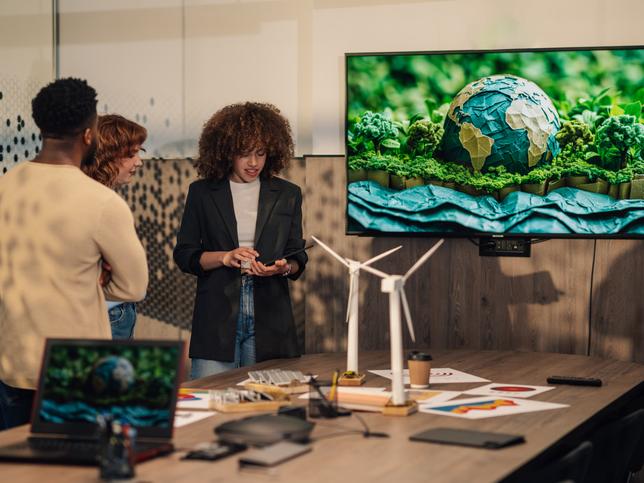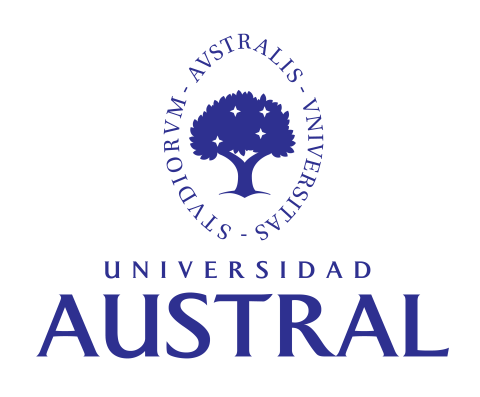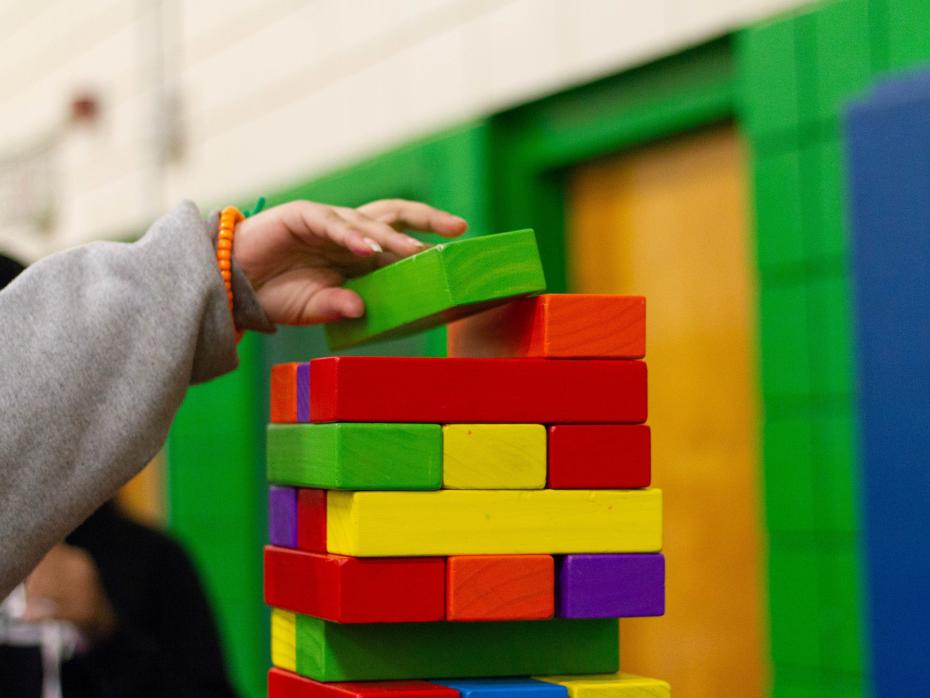
How strategic sustainability can foster innovation
You may also like
Higher education institutions play a key role in fostering a sustainable culture and future. Using socially and environmentally relevant research, the sector can educate professionals and leaders on the importance of holistic perspectives and practices, as well as on relationships with the natural, human and technological worlds. Instead of promoting individual success and competition that leads to short-term goals in the workplace, a sustainability-oriented university adopts a humanistic perspective, emphasising collaboration, cooperation and long-term relational goals.
In universities, strategic sustainability is a humanistic perspective that prioritises human and environmental regeneration, well-being and growth. Similar to any kind of strategic resource, it is built and maintained through specific processes. Here I’ll outline some of them:
Use SDGs to understand social trends
The UN’s Sustainable Development Goals reflect global aspirations and values that manifest how individuals and communities want to live, and prioritise well-being and development. Sustainability is not only a responsibility or a response to climate crisis. It is a decision about the way of living and the future, and universities can use it for developing innovative programmes or services.
Integrate sustainability into decision-making processes
Universities can move beyond offering a few elective courses on sustainability and integrate sustainability principles into all aspects of their management, communication and curricula. This will require rethinking traditional models and incorporating new concepts into core processes and courses.
Promote transparency and accountability
Institutions need to adopt transparent reporting practices that honestly assess their sustainability performance, including successes and failures. This transparency would allow stakeholders to hold institutions accountable for their commitments and to track their progress over time. Taking accountability avoids the risk of greenwashing – a practice where organisations highlight their sustainability efforts while continuing to engage in unsustainable practices and mindsets. This can involve exaggerating their environmental achievements, making misleading claims or focusing on superficial changes that do not address the underlying systemic issues.
Listen and engage with diverse stakeholders
Innovation is not a solo enterprise but, particularly in universities, a community effort for improving the current situation and adapting institutions to change. Universities would be more innovative if they engaged in meaningful dialogue with a wide range of stakeholders, including students, faculty, staff, alumni, local communities and environmental organisations. In this process, listening is as important as speaking. This participatory approach would ensure that strategic sustainability efforts and resources are responsive to the needs and perspectives of different groups, and avoids top-down initiatives that may not be effective or equitable.
Shift the focus from stakeholders to relation-holders
Higher education institutions can promote a relation-holder-centric approach (proposed by IESE professor Domenec Melé in The Humanistic Person-Centred Company). A humanistic perspective in management and communication considers the interests of all those impacted by organisational decisions, and recognises that interacting with the other human beings and nature is the basis of creativity, innovation and development. Going beyond a narrow focus on profit maximisation is not enough. A focus on long-lasting relationships would foster value co-creation, especially in educational settings.
Embed values at all levels
Universities can integrate relation-holder values into the management processes and curricula. This would encourage staff, faculty and students to consider the ethical implications of their actions and to develop a sense of purpose that extends beyond reputation or prestige.
Although strategic sustainability would seem an idealistic proposal, some internationally known scholars, such as Philip Kotler, are proposing practical frameworks to inspire and guide sustainable innovations. Kotler’s human-to-human model proposes that we use a person-centred and sustainable approach when designing value proposition. Based on this, an interdisciplinary team at Universidad Austral, made up of alumni and faculty, designed a new marketing degree with sustainability and social impact at its core.
The curriculum was developed after a process of social listening and dialogue with the industry, and includes courses on social marketing, sustainable fashion and branding, strategic and sustainable design, sustainable products innovation, among others. We embedded a participatory culture within the degree, including relational experiences of co-creation with students and corporations.
The humanistic framework recognises that students and alumni are not consumers. They are actors who participate in a reflexive, relational process that seeks to engage with them in a way that is authentic, empathetic and respectful.
Strategic sustainability and humanistic models have a positive impact on enrolment. Our proposal doubled the number of students on similar degrees in the first year, and improved on the same benchmarks by three times in its second year.
Ultimately, sustainability is not a policy or a practice: it is an innovation strategy for transforming and regenerating higher education, particularly in competitive and uncertain contexts.
Reynaldo Rivera is head of marketing and professor of marketing at Universidad Austral.
If you would like advice and insight from academics and university staff delivered direct to your inbox each week, sign up for the Campus newsletter.




